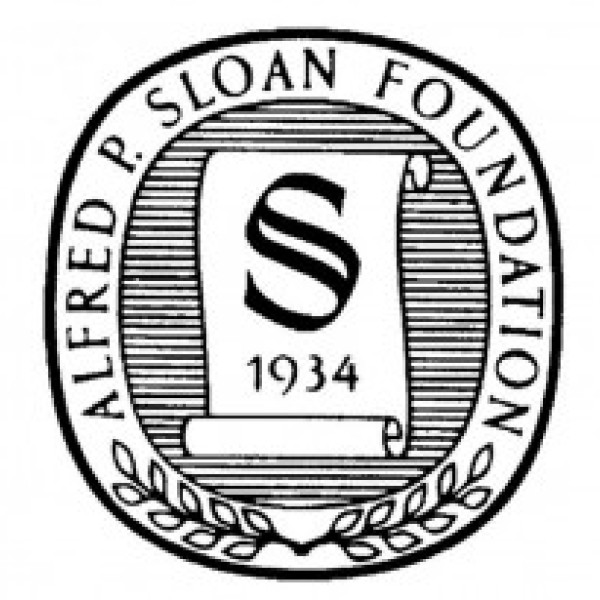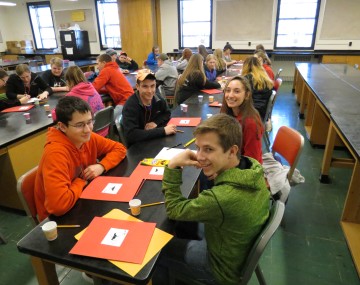Catherine Andreadis ’22 is a recent graduate and former Science Communications Assistant for the Cornell CALS Department of Animal Science. She is off to an exciting start with a career in STEM, pursuing a Ph.D. in Biological Sciences at the University of Notre Dame. Prior to her graduation, we sat down with Catherine to learn about her experiences in the role and future pursuits.
About the role
The Science Communication position arose out of the need to increase visibility for the Department of Animal Science, in tandem, serving as a unique skill-building undergraduate experience. Launched in the early fall of 2021, working under the guidance of Communications Specialist, Nicole Rossi, the inaugural cohort (three students) helped develop a communication strategy, implementing new channels spanning news and narrative-based articles, Twitter, Instagram and an internal newsletter.
Catherine served as the point person for time-sensitive articles and in-depth science pieces. She also helped develop the article strategy, used to help onboard new students.
What did you learn during your time as a Science Communication Assistant?
I definitely learned the importance of writing for a broader audience. We always think of the impact of our work within the field, but the real impact isn't going to be seen if we can't disseminate and communicate that information to the broader public. This requires a different set of skills from what you learn as a student to communicate with peers in your field. I know I want my work to have an impact beyond the animals that I work with. I want people to understand why my work is important.
In this role, what have you learned about the Department of Animal Science?
Overall, I developed a greater appreciation for the variety of work happening across our department. I entered this department with a pre-veterinary concentration and primarily focused on the coursework and professors within that track. As a Science Communications Assistant, I’ve been able to see the breadth and the importance of our work, not just for animals, but in the greater scheme of agriculture, food science and human and environmental health.
How do you envision integrating the skills you've gained into your future career pursuits?
As a scientist, you're expected to produce manuscripts to go in scientific journals that communicate your findings to people in the community. I think that there's also a greater responsibility to communicate that information to the public. As a graduate student, I'll have a lot of freedom to take science communication by the reins and do a lot of different things with it, whether it's through Twitter or starting a blog. I want to take what I’ve learned as a Science Communications Assistant and disseminate my scientific discoveries beyond the academic bubble.
Where are you headed after graduation?
I'll be attending the University of Notre Dame to start my Ph.D. in Biological Sciences. While at Cornell, I participated in research through the Ecology and Evolutionary Biology Department and became interested in host-microbiome interactions of birds and connecting that field to immunology and disease ecology. I'll be applying those interests to my new lab that I'll be joining at Notre Dame, studying the ecology and evolution of the microbiome in a wild population of baboons in Kenya. I'll be taking the skills I've garnered here in birds, but now applying it to primates, which I'm really excited about.
Explore Catherine’s work
Keep Exploring

Field Note
- Dairy Fellows Program
- Animal Science
- Agriculture

News
Five Cornell faculty members are among 126 early-career researchers across North America who have won 2026 Sloan Research Fellowships from the Alfred P. Sloan Foundation.
- Communication

We openly share valuable knowledge.
Sign up for more insights, discoveries and solutions.














